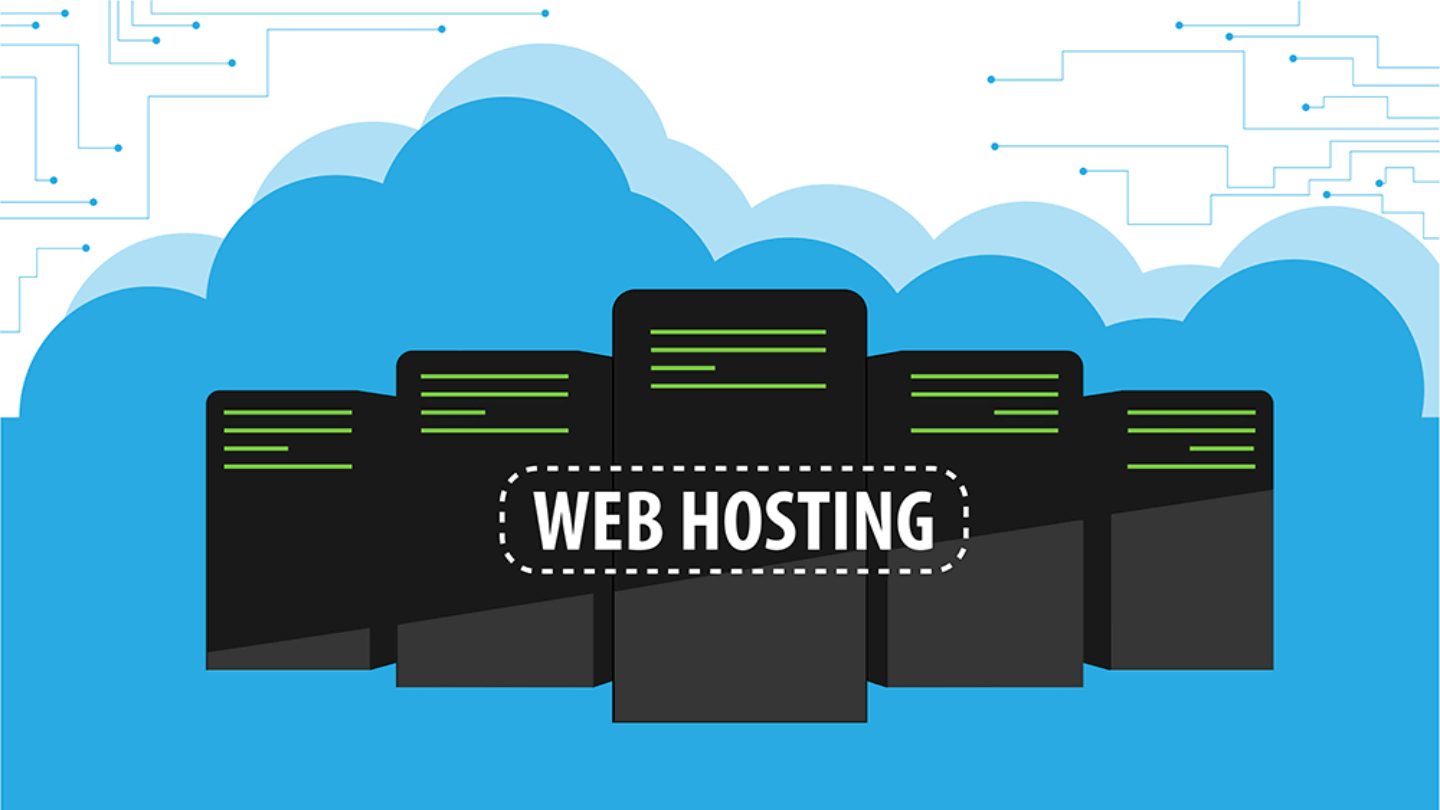Without a clear business goal, your reseller venture simply won’t work. The pool of competition is huge in the web hosting world, and if you plan to target those looking for a generic shared hosting package, you’re going to have a difficult time.
The big-name platforms have all but sewn up the market when it comes to general hosting, and you’ll face thousands of competitors when you first launch.
Your business goal should therefore be targeted to a niche. You might want to become a specialist web host for one type of business only, for example, restaurateurs and barbers.
Many others choose to focus on small and medium sized businesses in their local areas. You’ll generally have fewer competitors, and be able to build up personal relationships with potential clients via networking events or local advertising campaigns.
If you already have an established client base that trusts you (say, being a web developer or web designer), reselling works perfectly as a complementary service, giving you a valuable extra revenue stream.
5. Budgeting and Price Range
While the initial outlay to rent server space is usually relatively inexpensive, you’ll need to factor in advertising, marketing, and staff costs into your business model. This will of course all depend on how ambitious your plans are, and how large your potential pool of clients is, but you’ll need a fully costed plan before you can set your price.
Set your prices too low and you’ll quickly go bust, while aiming too high will drive away potential clients. We wouldn’t recommend entering a price war with the competition either; a race to the bottom usually never ends well. Instead, try and pitch your reseller business as a premium service. Take the basic reseller packages offered by your web host and see what value you can add to them.
Sell yourself as the go-to web host platform in your area, one that provides exceptional and personalized customer service, and you’ll be able to justify a higher price.
6. Marketing and Promotion
Promoting your new business is another vital piece of the puzzle in a successful reselling venture. Many newbies to the industry find they can get a lot of traction with highly targeted Google and Facebook ads, while others prefer to focus on local outreach campaigns.
Either way, you’ll need to start marketing your business as soon as you’re ready to accept your first customer, and you should ideally have a strategy in place well before this. You might want to do some target audience analysis before you even find a web hosting partner.
How many potential customers are there? What does the competition look like in your area? What will you do specifically that makes you different? All of these questions and more will all need to be answered before you can start to bring those customers in.
7. Creating Reseller Packages
Creating your own hosting packages and tiers is one of the most enjoyable aspects of being a reseller. You get to be your own boss, set your own prices, and choose exactly what you’re going to offer. This will usually be heavily influenced by your market research and your tiers will be tailored to the wants of your customers.
Most of your considerations will be around how many websites your clients can operate, how much bandwidth they need, and how much storage you’ll provide. However, where you really get to shine is in the little extras you can throw in. For example, you might find people are crying out for a convenient combination of website design and hosting, or you could leverage off your people skills and create an all-purpose digital marketing agency.
https://verpex.com/blog/reseller-hosting/how-does-reseller-hosting-work






